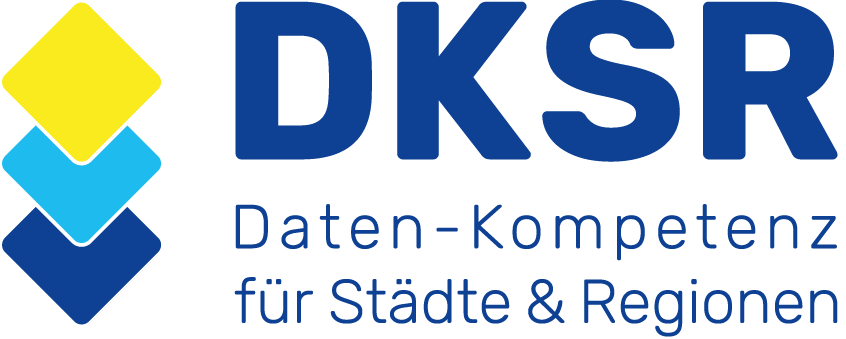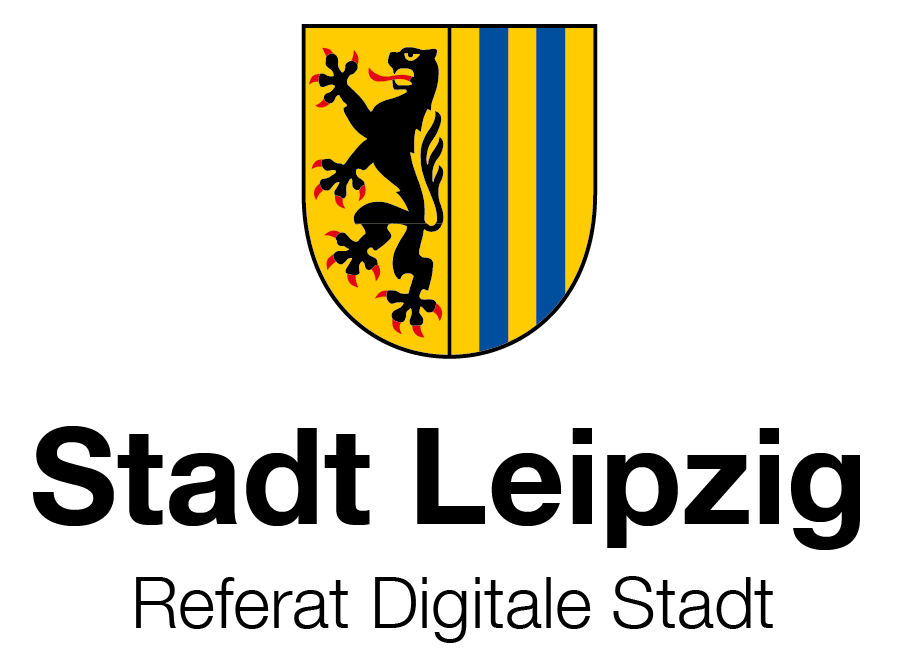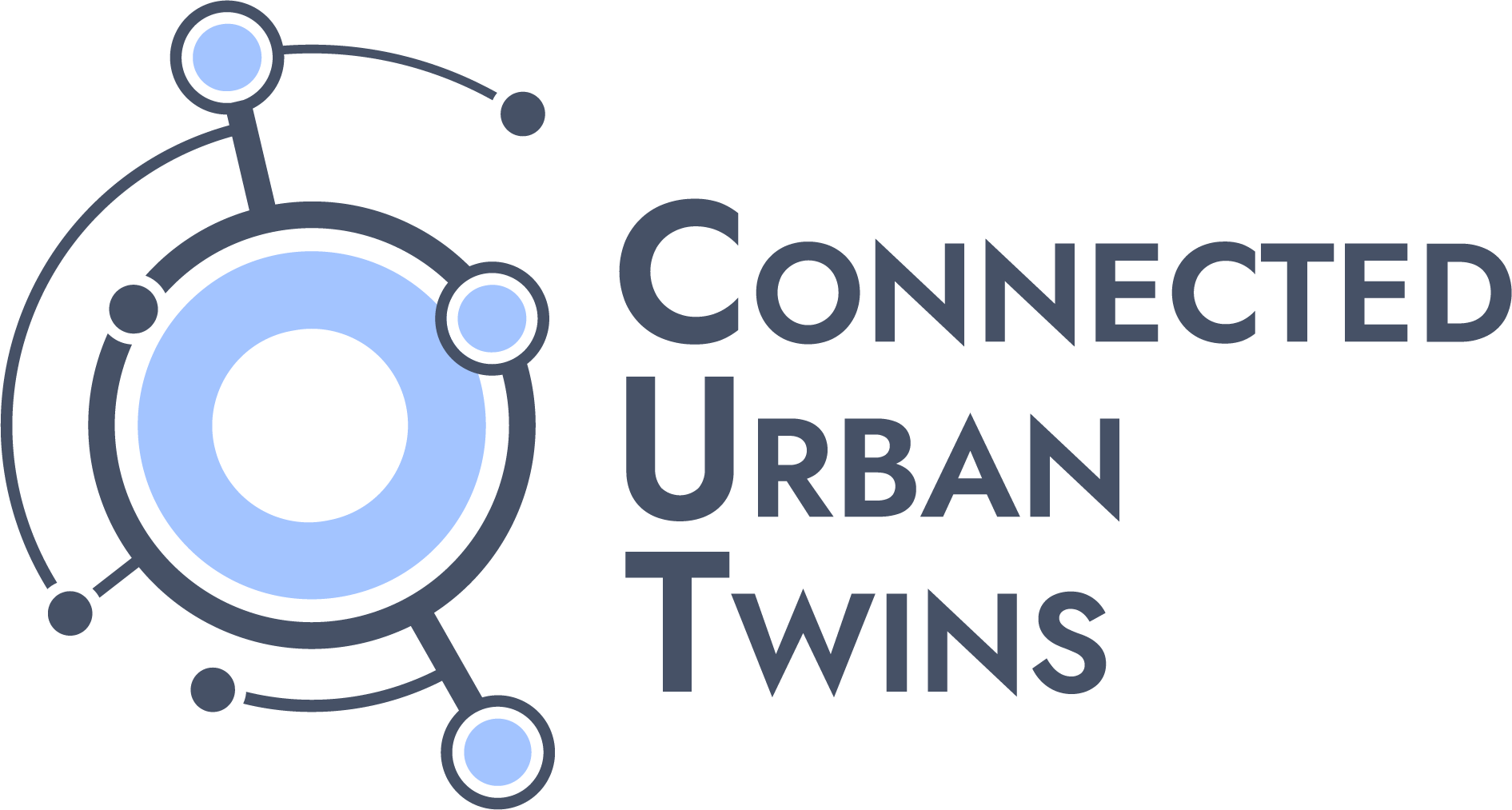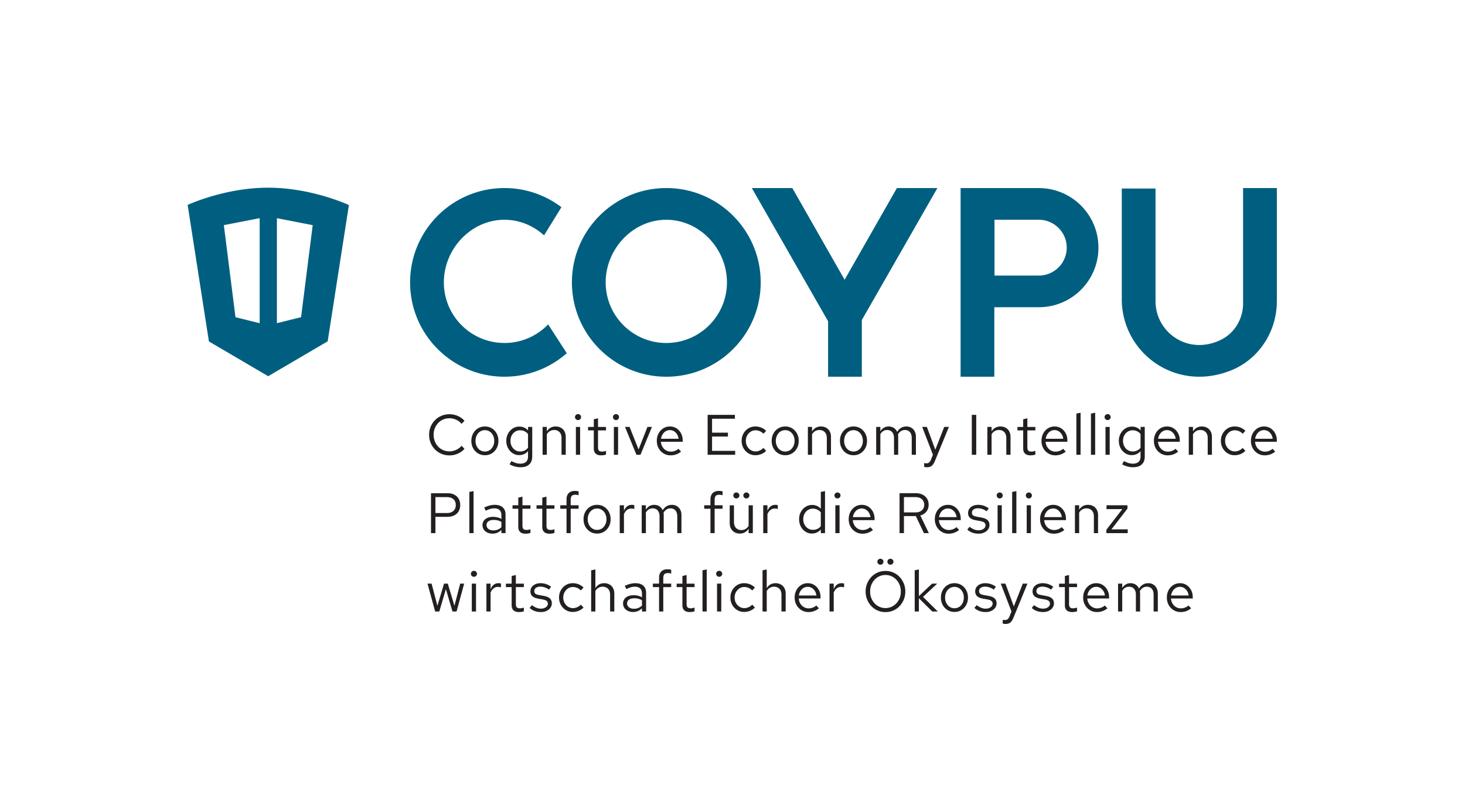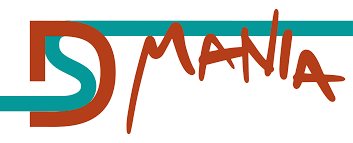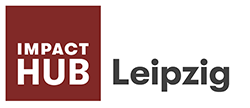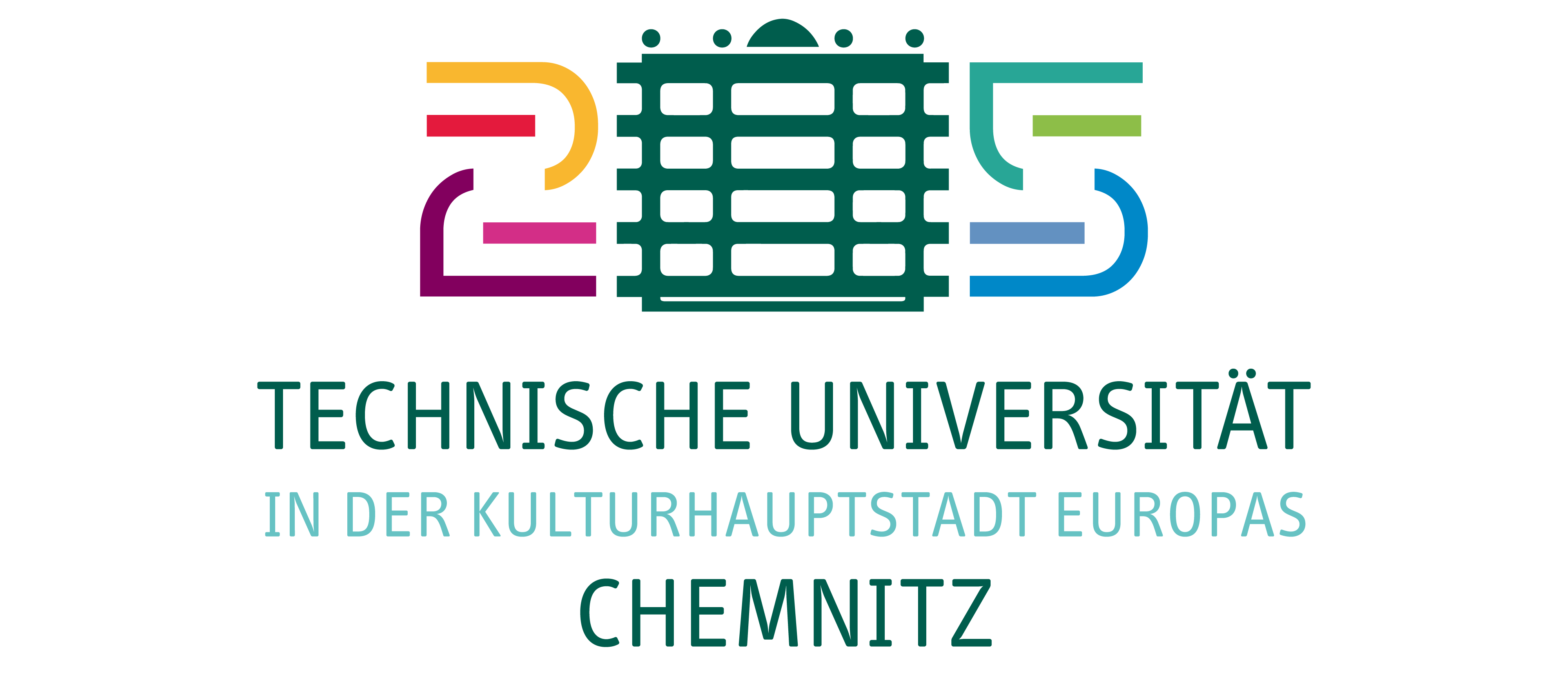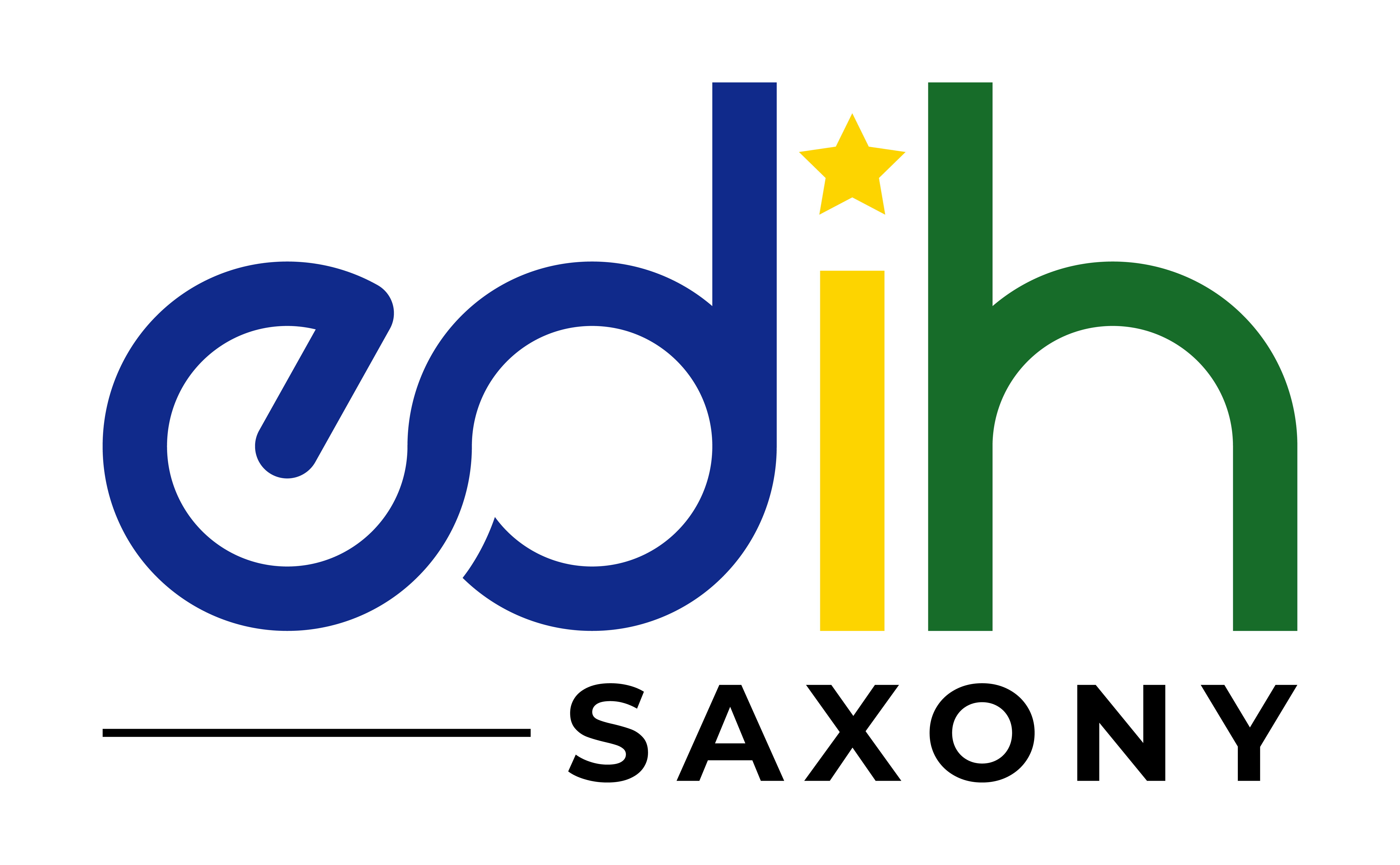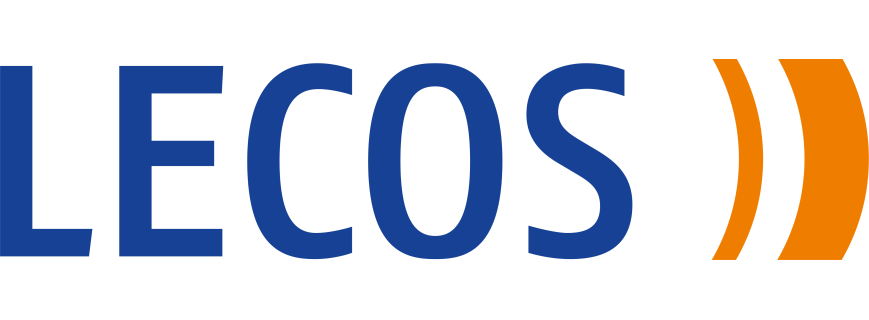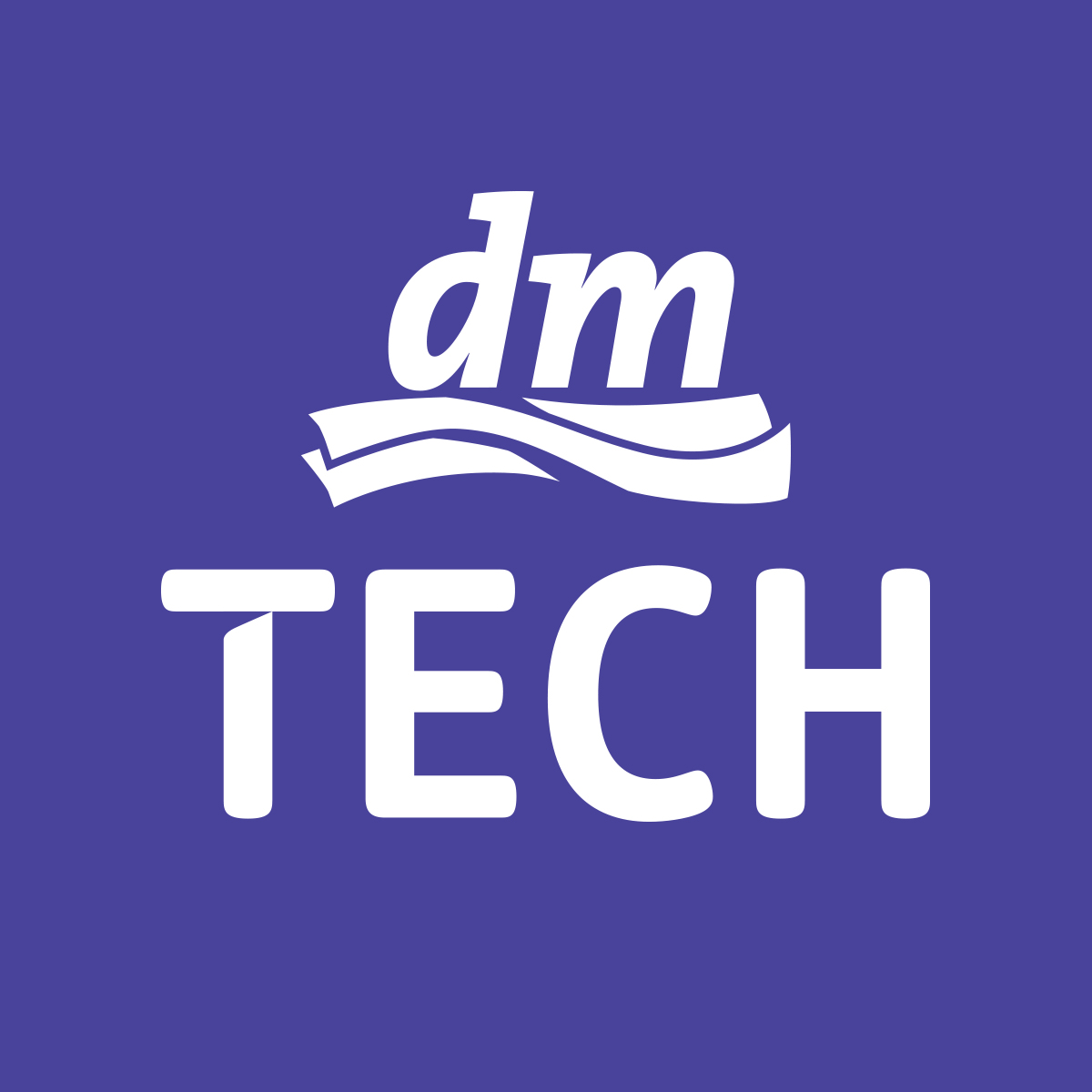The Program
08:15
Admission
- | Wandelhalle |
09:00
Opening
- | Sitzungssaal | German
09:30
Keynote
- | Sitzungssaal | German
The folding of the world – borders as drivers of innovation and social cohesion in the face of climate change
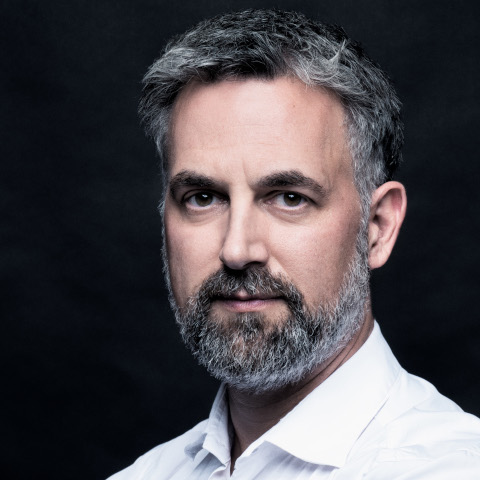
Prof. Anders Levermann Potsdam Institute for Climate Impact Research (PIK)
Vita
Prof. Anders Levermann studied physics in Marburg, Berlin and Kiel. In 2002, he completed his doctorate on the theoretical physics of complex systems at the Weitzmann Institute in Israel. Since then, he has conducted research at the Potsdam Institute for Climate Impact Research, where he has been Head of Research since 2012. He has been a physics professor at the University of Potsdam since 2007. After two offers for professorships at Columbia University in New York, USA, he accepted a visiting scholar position there until 2023. Dr. Levermann participates in the public debate on climate change through interviews and guest articles in newspapers such as Die Zeit and Frankfurter Allgemeine. He advises representatives from business and politics and published his book “The Folding of the World” in October 2023. (picture © Mathias Bothor)
We are at the end of the age of expansion - and we need a big idea for the next step. The massive threat of climate change collides with the existence and necessity of rapid social development. If one accepts that both are harsh realities, then we face a dilemma of limitation and dynamism. The desperate, albeit understandable, call for renunciation and recollection is helpless and of little use, as it does not resolve the dilemma. According to Anders Levermann, Head of Complexity Research at the Potsdam Institute for Climate Impact Research, the mathematical principle of convolution could provide this solution. Because it allows infinite development in a finite world: not growth into more, but growth into diversity. And in very practical terms - be it European emissions trading or corporate tax.
10:00
Keynote
- | Sitzungssaal | German
Rethinking data: synthesis and digital twins as the key to AI innovations 
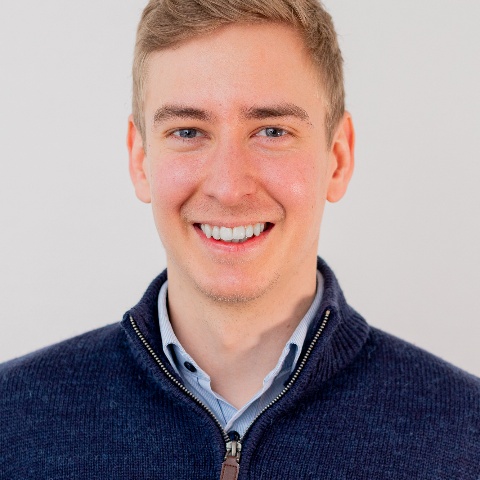
Dr. Mattis Hartwig singularIT GmbH
Vita
Mattis Hartwig founded the software development company singularIT GmbH during his studies in business informatics. As Managing Director of singularIT, he leads a team of over 50 employees spread across two locations in Lübeck and Leipzig. singularIT offers customised software development in the areas of web, cloud, mobile and data science and has already successfully implemented numerous projects for the public sector. Dr Mattis Hartwig wrote his dissertation at the University of Lübeck in the field of artificial intelligence. In parallel to his work as Managing Director, he continues to conduct research at the German Research Centre for Artificial Intelligence, where data synthesis is one of the focus topics.
In a world where it is often claimed that data is the new gold, we face the challenge of harnessing the enormous value of this resource while navigating privacy regulations and confidentiality obligations. Dr Mattis Hartwig introduces us to the complex world of data anonymisation and synthesis. In his keynote speech “Rethinking data: synthesis and digital twins as the key to AI innovation”, Dr Hartwig will provide in-depth insights into the concepts and methods behind the synthesis of data. He not only sheds light on the technical aspects, but also on the ethical dimensions and presents the opportunities and risks of these technologies. Join us in exploring the role that data synthesis can play in a future-orientated data strategy.
10:30
Coffee break
- | Wandelhalle |
Posters and Stands
11:00
What-Would-Have-Happened in City ...
- | Sitzungssaal | German
Chair: Linda Drescher
-
Simon Johanning (dream machine): Will it spread or not? Agent-based modeling of sustainable technology diffusion
In order to achieve the climate targets, it is essential that sustainable technologies also become established in private households. Which technologies succeed and which fail often depends on many factors such as price, social pressure, preferences, perceptions and social networks. The field of innovation diffusion looks at how technologies spread. At the Chair of Energy Management and Sustainability, we use models to investigate how these diffusion patterns play out in an urban context. This lecture gives an insight into our research.
-
Thomas Trabert (Helmholtz Centre for Environmental Research GmbH - UFZ) and Timo Houben (Helmholtz Centre for Environmental Research GmbH - UFZ): Establishment of a digital twin for environmentally sensitive traffic management
As part of the AIAMO (Artificial Intelligence and Mobility) research project funded by the Federal Ministry of Digital and Transport, we are working with 12 partners on an innovative AI-based environmental mobility management system. Our aim is to make mobility more efficient, more sustainable and more demand-oriented, and we will present the initial results and experiences from our project, particularly in collaboration with the Leipzig pilot region.
-
Bertram Hillmann (Comaps): What-if analysis with CoSI
CoSI – the Cockpit Urban Infrastructure – is a comprehensive add-on package for the OpenSource Masterportal that simplifies the visualization and analysis of urban statistical and structural data to support transparent and well-founded decisions in urban and social space planning. It links data from various sources such as specialized authorities and companies and integrates spatial and temporal analyses as well as scenario planning. With interactive maps and user-friendly tools, CoSI supports networked and data-driven planning. Used at individual workstations and on digital touch tables, CoSI has already been used in collaborative workshops for applications ranging from urban district development to site selection for wind turbines. Transferred from research to productive operation in Hamburg, we present CoSI as a tool for efficient and inclusive urban development, smart governance and digital administration.
12:30
Lunch break
- | Wandelhalle |
Posters and Stands
13:30
Journey of a data point
- | Sitzungssaal | German
Chair: Linda Drescher
-
Tobias Kuester-Campioni (TU Dortmund University): Smart urban areas - solutions for sustainable neighborhoods
The SUA project focuses on sustainable neighborhoods and building management in Vietnam, following the approaches of the Sustainable Development Goals. The lecture will present the current status of the project and initial results.
-
Stefan Bischof
(City of Jena): Urban data - between real-time, data protection and critical infrastructure
-
Jan Beckert , Sebastian Böhm (City of Leipzig/Digital City Department) and Stefan Hartleib (KUNBUS): Pop-up platform - development of a modern prototyping environment
The Pop-up Platform is the cloud for the office and therefore ideal for testing and developing new ideas. In this presentation we will show the current state of development and the first applications on the platform.
15:00
Coffee break
- | Wandelhalle |
Posters and Stands
15:30
Green data management
- | Sitzungssaal | German
Chair: Linda Drescher
-
Constance Zenner (City of Leipzig): Envir-Data - Rethinking environmental data
Preparing and providing environmental data is complex and time-consuming. As part of the Envir-Data project - development of intelligent data management for environmental data - traditional approaches are being reconsidered and new innovative digital solutions are being used. A new method for interoperable data management is being applied that links the environmental data of the city of Leipzig so that the data can be managed, analyzed and processed across different topics. Using noise as an application example, possibilities for gaining new insights into the data are presented.
-
Viktoria Engnath (City of Leipzig): Digital green space management: an efficient basis for a sustainable green-blue infrastructure in Leipzig
The Office for Urban Greenery and Water (Amt für Stadtgrün und Gewässer) is responsible for the maintenance and development of the urban green-blue infrastructure and thus makes a valuable contribution to an attractive and vibrant city of Leipzig. In order to digitally map the planning, construction and management processes, from mobile working to administrative procedures and public participation, a digital green space management system with a seamless workflow is being integrated into daily work. The management system is currently being used as a mandatory digital tool for the area of traffic safety for trees and play equipment. In the future, the entire green-blue infrastructure is to be mapped via the green space management system and the data made available for climate protection and adaptation measures as well as the preservation of biodiversity.
-
Claudius Seidel (adesso Lakes GmbH): Designing data spaces and ecosystems
How can data spaces and ecosystems be designed in such a way that a fair and trust-based data economy can emerge? Practical examples ranging from the use of personal data across different offices (City of Helsinki) to the implementation of requirements under the Supply Chain Due Diligence Act (LKSG) and emissions reporting.




